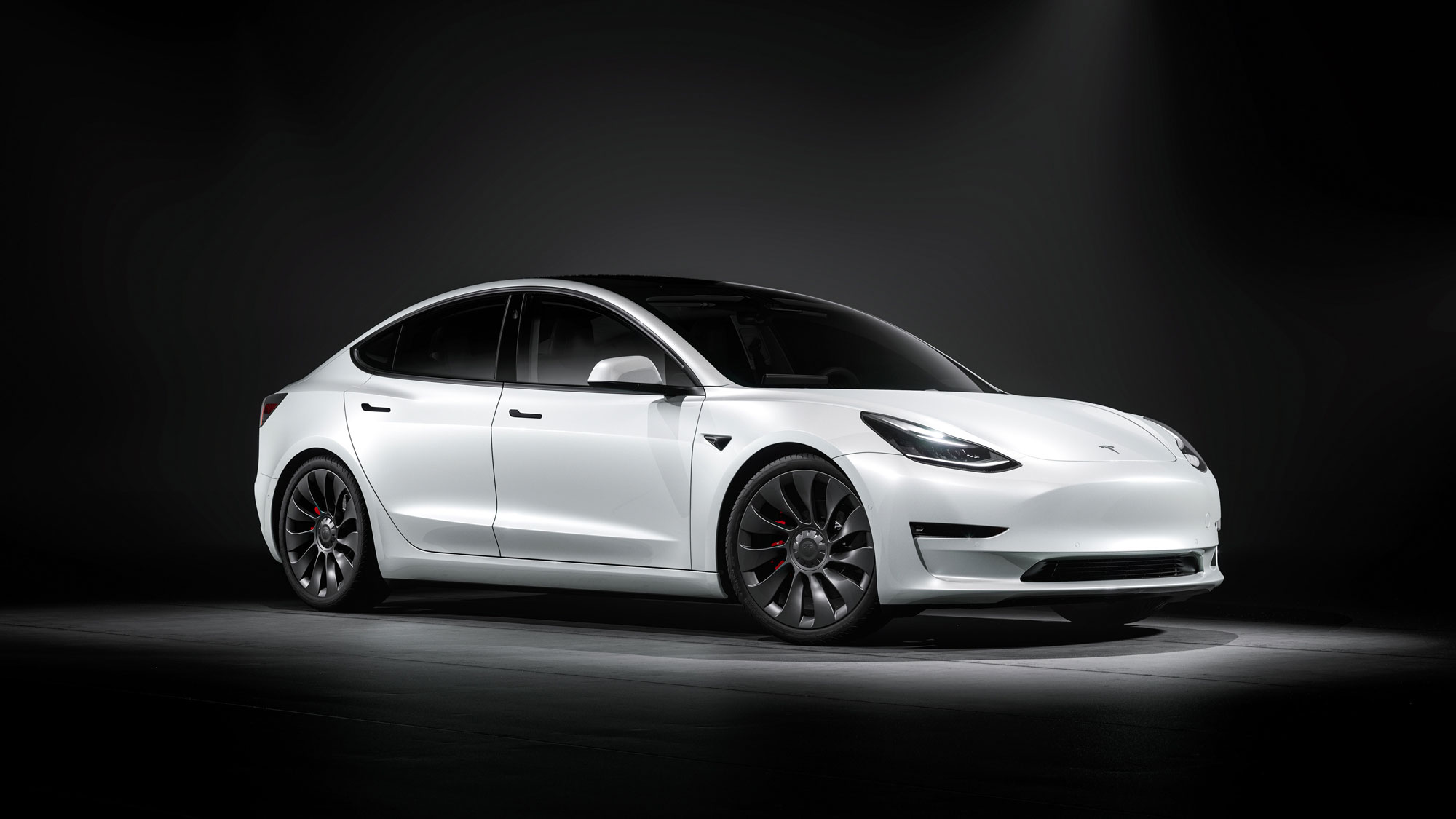The Tesla Model 3 is now 23% more expensive than it was in December 2020
And wait times have been extended

The Tesla Model 3 and Model Y are now even more expensive, with the latter's base price now 23% more expensive than it was in December 2020.
As spotted by Tesla investor and reporter, Sawyer Merritt, the latest price increases hit the Model 3 and Model Y electric cars, with a $1,000 bump across the board, and push both models' base prices even higher and even further away from their initial MSRPs.
The Model 3 now costs 23% more than it did at the end of 2020 - as noted by InsideEVs - with a new starting price of $44,990. The Model Y is 20% more expensive than it was at the end of last year, now starting at $57,990.
- Tesla Model S vs Tesla Model 3: which sedan EV should you buy?
- Tesla Model X vs Tesla Model Y: which SUV EV should you buy?
- How to charge a Tesla and use a Tesla Supercharger
Delivery times for the firm's EVs have shifted as well, with some models carrying estimated delivery dates that reach deep into 2022.
The Model S Long Range and Model X Long Range currently have an estimated ship date of June 2022, which is an improvement over the previous estimate of October '22.
The Model 3 RWD and Model Y Long Range AWD were pushed back to October 2022.
Anyone hoping for a Tesla Black Friday deal and a car delivered in time for the holidays is fresh out of luck - unless it's a gift from Christmas 2022.
Sign up for breaking news, reviews, opinion, top tech deals, and more.
Analysis: why have Tesla prices risen again?
Companies are experiencing labor and chipset shortages, coupled with rising raw materials and production costs, which means you may pay more for the things you buy and may have to wait longer to receive the goods.
The same thing is happening in the auto industry right now, and while Tesla has been among the most successful automakers during the pandemic, it's raising prices and adjusting delivery date estimates to cope with volatile supply chain conditions.
Given the current state of the world, the price increases and shifting delivery dates are not at all surprising.
Tesla has managed to ship record numbers of cars in 2021, but it's not immune to the dual crises of a deadly ongoing pandemic and a global microchip shortage.
Last month, Musk acknowledged the challenges brought on by the concurrent disasters in a company call, noting that supply chain issues slowed delivery times and led to parts being installed on vehicles after production was complete.

After working in the technology and software industry for several years, Chris began writing as a way to help people outside of that world understand the sometimes very technical work that goes on behind the scenes. With a lifelong love of all things automotive, Chris turned his attention to writing new vehicle reviews, detailing industry trends, and breaking news. Along the way, he earned an MBA with a focus on data analysis that has helped him gain a strong understanding of why the auto industry’s biggest companies make the decisions they do.